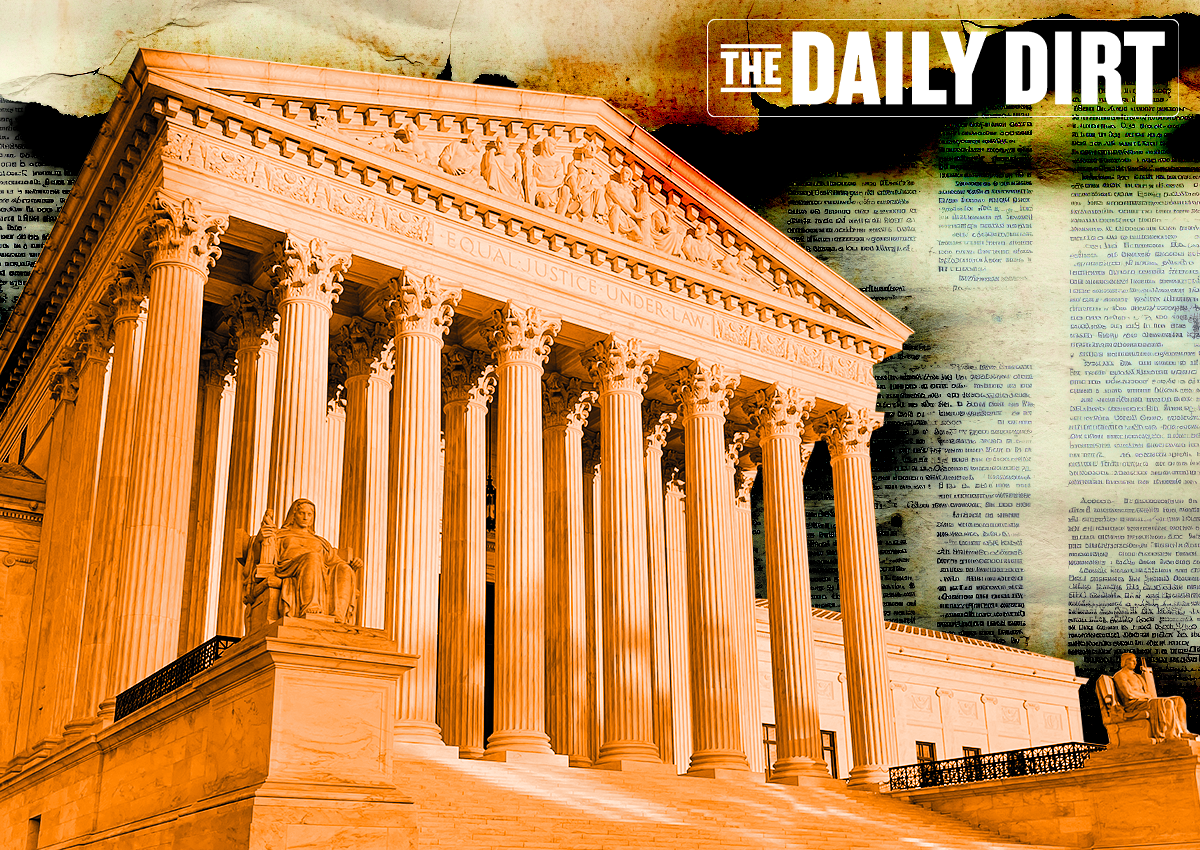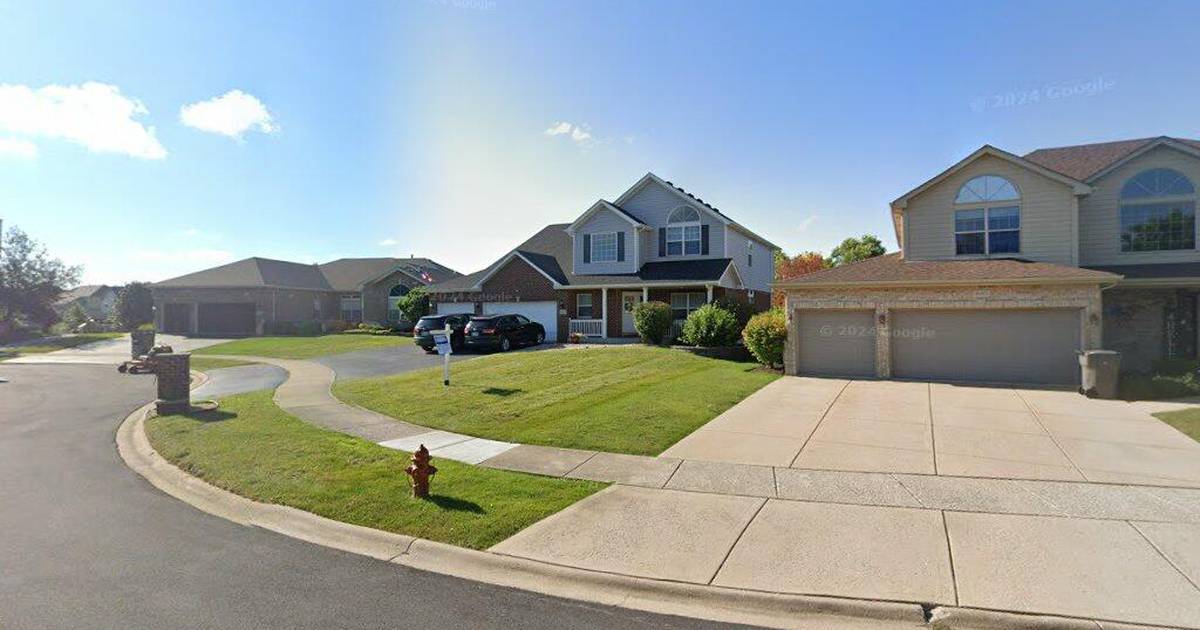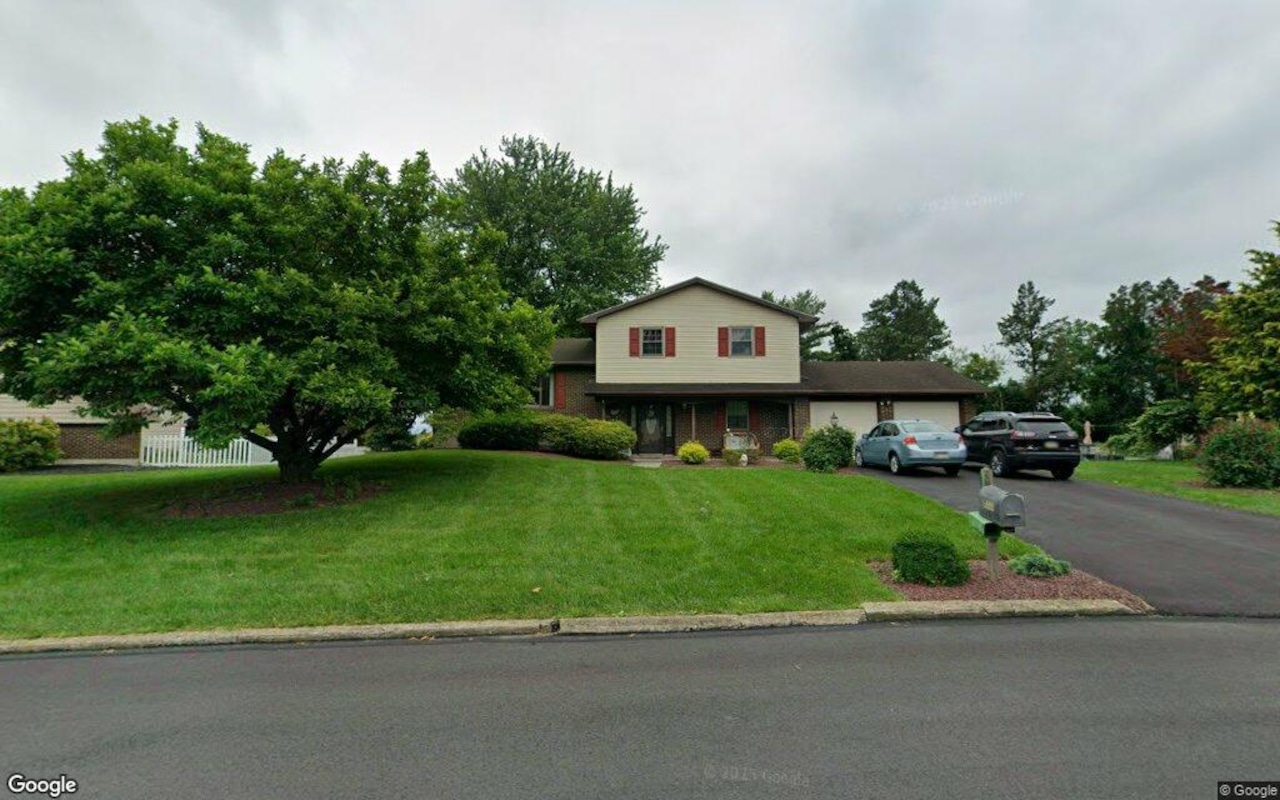T
he Supreme Court has rejected two more attempts by landlords to challenge New York's rent stabilization law, marking the fourth and fifth times they've taken their case to the nation's highest court. The latest petitions were filed by G-Max Management and the Building and Realty Institute of Westchester County and the Mid-Hudson region, arguing that the 2019 Housing Stability and Tenant Protection Act violates the U.S. Constitution's Takings Clause.
The law restricts an owner's ability to reclaim stabilized apartments, requiring them to prove an "immediate and compelling need" to refuse lease renewals and limiting their ability to convert rent-stabilized buildings into condos. City and state officials have shown no interest in overhauling the law, but new legislation may be on the way.
The City Council debated a package of bills that would require landlords who illegally evict tenants to apply for a certificate of no harassment and provide air conditioning to tenants. Mayor Eric Adams has expressed concerns about the potential impact of the FARE Act on rents, which could lead to a veto.
In other news, the Port Authority is rushing to secure a $1 billion loan to pay for the redevelopment of its Midtown bus terminal before President-elect Donald Trump takes office. Gov. Kathy Hochul indicated that she'll either revive congestion pricing or propose a replacement revenue stream for the MTA by the end of the year.
New York City's residential market saw a priciest sale of $17.6 million for a 4,824-square-foot co-op at 944 Fifth Avenue on the Upper East Side, while the largest commercial sale was $128 million for a 272,535-square-foot building in Lenox Hill.












